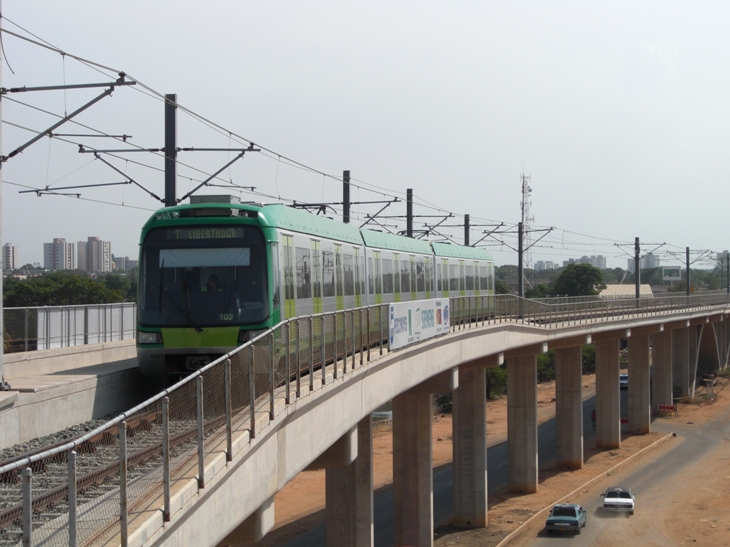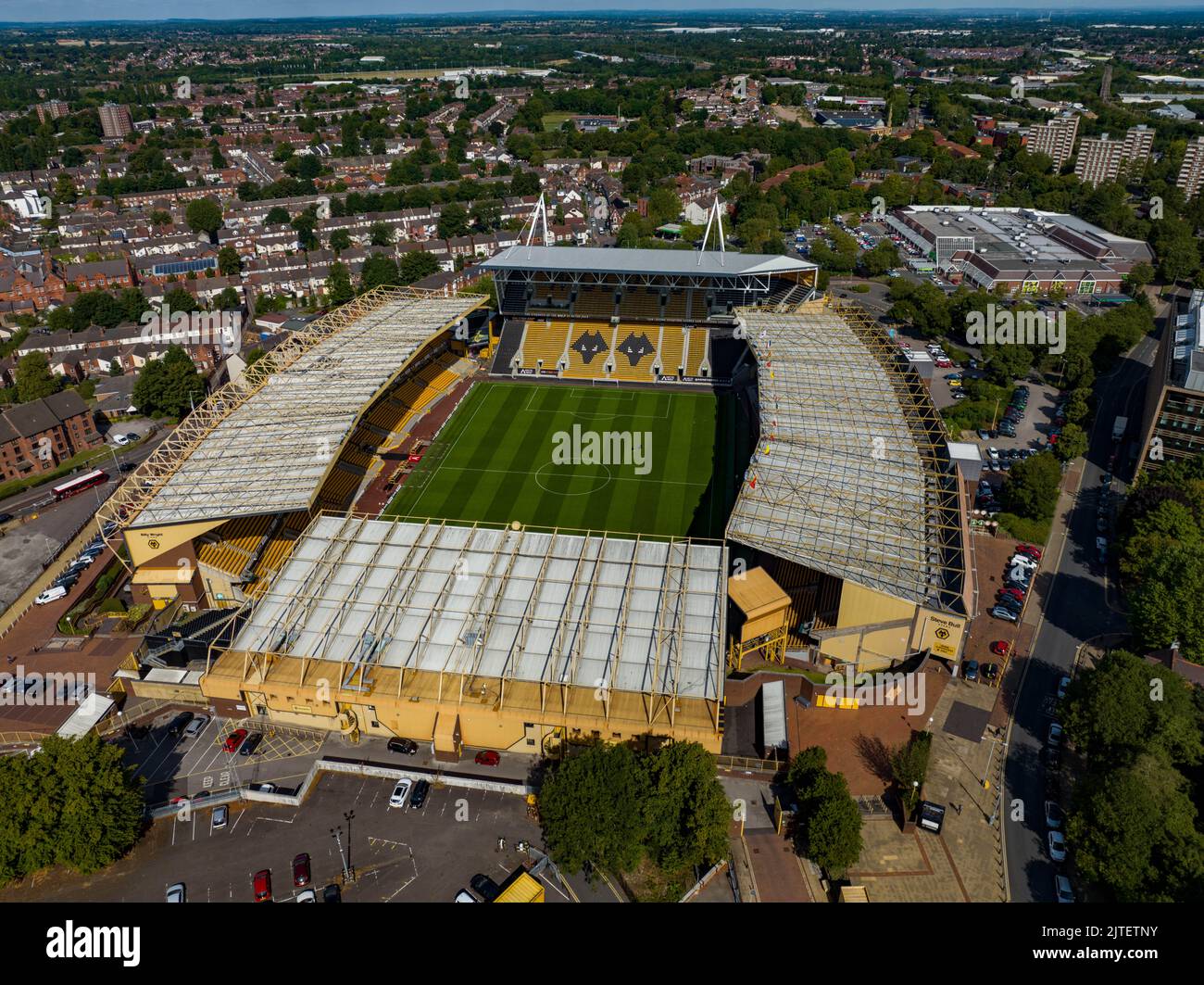
Introduction
Maracaibo, the capital of Zulia State in Venezuela, is not only one of the country’s largest cities but also a significant cultural and economic hub. Known for its rich history, stunning lake views, and vibrant music scene, Maracaibo plays an essential role in Venezuela’s identity. In recent years, various developments have highlighted the city’s resilience and adaptability amidst economic challenges and regional transformations.
Cultural Significance
Maracaibo is often referred to as the ‘Musical Capital of Venezuela’ due to its deep-rooted traditions in music, particularly the gaita genre, commonly celebrated during the Christmas season. This city embodies the blend of indigenous, African, and Spanish influences, making it a unique place for cultural expressions. Events like the Feria de la Chiquinquirá, a religious festival honoring the Virgin of Chiquinquirá, showcase Maracaibo’s cultural richness through parades, music, and culinary offerings, drawing locals and tourists alike.
Economic Landscape
Economically, Maracaibo has historically thrived due to its location near Lake Maracaibo, which is rich in oil reserves. In recent developments, the city is witnessing a slow recovery from the national economic crisis that has heavily impacted its industry. Efforts are underway to revive the oil sector, with new initiatives geared towards sustainable practices to maximise the region’s oil production while addressing environmental concerns. The local government has also been encouraging small enterprises and local craftsmanship, aiming for a diversified economy.
Challenges and Developments
The city faces numerous challenges, including intermittent power outages, water scarcity, and shortages of essential goods. However, the resilience of Maracuchos (the residents of Maracaibo) shines through these difficulties, showcasing innovation and community spirit. Local NGOs and grassroots movements have been pivotal in mobilising resources and support for those affected by the ongoing crises. In addition, recent infrastructural projects are aimed at improving public services, signalling hope for enhanced living conditions.
Conclusion
Maracaibo stands as a testament to the cultural richness and resilience of Venezuela. As the city grapples with economic challenges, its ability to adapt and innovate will be crucial for its future. Upcoming years could see more significant investments in infrastructure and cultural initiatives, potentially attracting tourists and fostering economic recovery. For those interested in experiencing a blend of culture and resilience, Maracaibo remains a place of great significance and vibrancy within Venezuela.
You may also like

The Importance of Pubs in British Society and Their Resurgence

Exploring Wolverhampton: A Gateway to Culture and History

The Cultural and Historical Significance of Poppies
SEARCH
LAST NEWS
- Remembering Wendy Richard: The Promise to Co-Star Natalie Cassidy
- How Did Anglian Water Achieve an ‘Essentials’ Rating for Mental Health Accessibility?
- Shai Hope Leads West Indies in T20 World Cup Clash Against South Africa
- What We Know About Weston McKennie: Future at Juventus and Past at Leeds
- What We Know About the Upcoming Live Nation Antitrust Trial